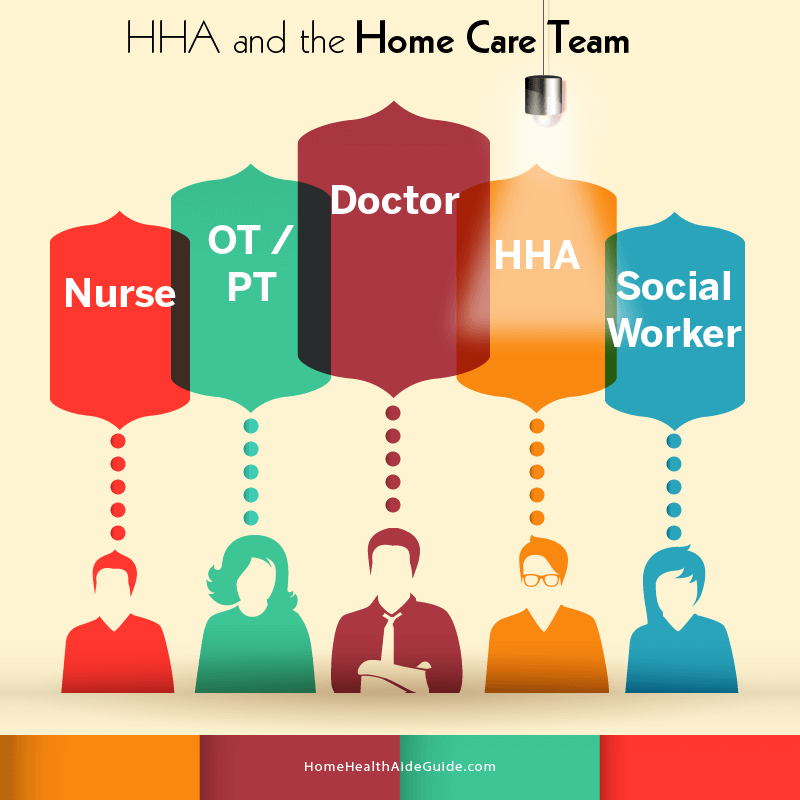2024 Guide to Home Health Care: Trends & Services
Home Health Has Changed Since COVID
What is Home Care?
Home care includes a wide range of medical and supportive services delivered in your home. It has changed dramatically over the past 10 years or so and even more since COVID-19.
Home care (provided by the home care team) is for anyone from seniors needing daily living assistance to new mothers and postsurgical patients. Services include nursing, therapy, home modifications, and equipment.

Types of Home Care Agencies
- Licensed Home Care Services Agencies (LHCSAs): Offer all levels of nursing, therapies, and aide services. They cater to private pay, insurance, and government payers.
- Certified Home Health Agencies (CHHAs): Provide limited duration care, including nursing, therapies, and social work.
- Long Term Home Health Care Programs (LTHHCPs): Offer comprehensive care for long-term needs at home.
- Hospices: Provide palliative care and support for terminally ill patients and their families.
Secure Your Future!
Make a Difference, Reap Rewards
Start a home health agency and impact lives in your community while tapping into a growing industry. Offer essential care at home, meet a vital need, and build a fulfilling and profitable business.
Ride the wave of a booming trend: As more people choose to age at home, the demand for home health agencies is skyrocketing – seize this opportunity now!
Home Care Paraprofessionals
- Personal Care Aides (PCAs): Assist with daily tasks like hygiene, feeding, and light housekeeping.
- Home Health Aides (HHAs): Provide health-related and personal care, monitoring health status.
Home Care Programs and Services
- Medicare Home Health Benefit: For homebound Medicare beneficiaries needing part-time skilled care.
- Personal Care Program: Assists with daily living activities based on medical needs.
- Private Duty Nursing Services: Offers skilled nursing for severely disabled or technology-dependent individuals.
- Consumer Directed Personal Assistance Program (CDPAP): Allows patients to manage their own care.
Home care is cost-effective, preventing or reducing hospital stays and nursing home institutionalization. It’s a crucial part of healthcare, aiming to keep patients comfortable in their homes.
Preference for Aging at Home
A growing number of people prefer to age in the comfort of their own homes instead of moving to nursing homes. Would YOU want to be stuck in a nursing home (aka skilled nursing facility)?
This preference has led to a significant increase in demand for home health services. Home care offers a more personalized and familiar environment for aging, which is often more comforting and less disruptive than institutional care.
“It’s profoundly challenging to witness our loved ones in a nursing home setting, where the care might lack the personal touch and the deep, familiar connections that only family can provide. We’ve often seen that while professional care is essential, it can’t fully replace the love, understanding, and support that come from being surrounded by family.”
This trend has not only been a boon for home health agencies but has also made the role of home health aides a more attractive career choice. The expansion in this sector reflects a broader shift in how we approach aging and elder care, prioritizing comfort, familiarity, and personalized care at home.
The demand for home health aides is increasing rapidly due to several factors. With an aging population preferring to stay in their homes, the need for personal care and health assistance at home is growing. This has led to a surge in job opportunities for home health aides.
These roles are vital in providing care that ranges from basic daily living assistance to more complex medical care. The rising demand is also due to the cost-effectiveness of home care compared to traditional institutional care, making it a more desirable option for many families. Consequently, pursuing a career as a home health aide is becoming increasingly popular, offering job security, the reward of helping others, and the opportunity to work in a variety of home settings.
Demand For Home Health Aides
The number of home health and personal care aide jobs in the United States is approximately 3.7 million (!), according to the U.S. Bureau of Labor Statistics.
This marks a significant increase in employment in this sector, reflecting the growing demand for home care services. The trend indicates a steady rise in employment opportunities for personal care aides and home health aides, especially considering the projected growth rate of 22% from 2022 to 2032. This growth can be largely attributed to the aging population and the increasing preference for in-home care over institutional care.
